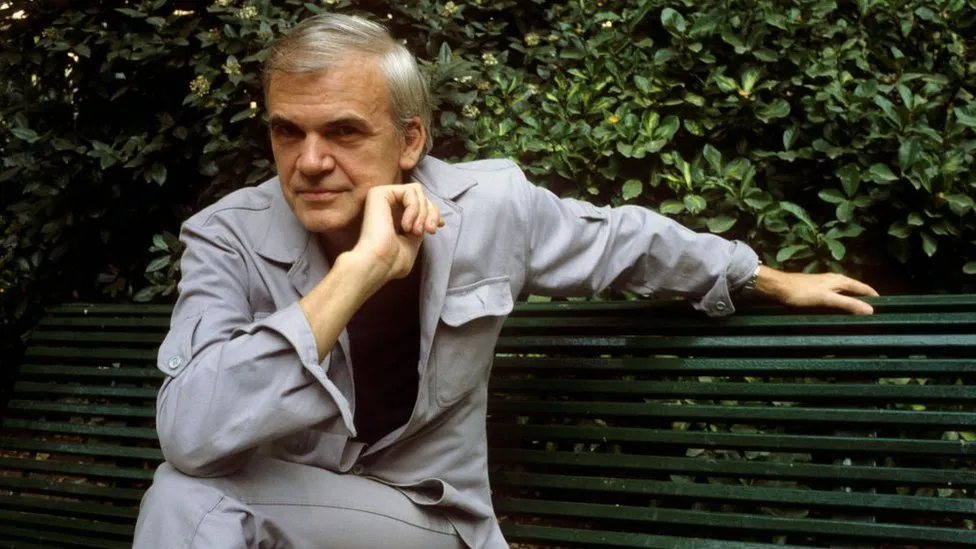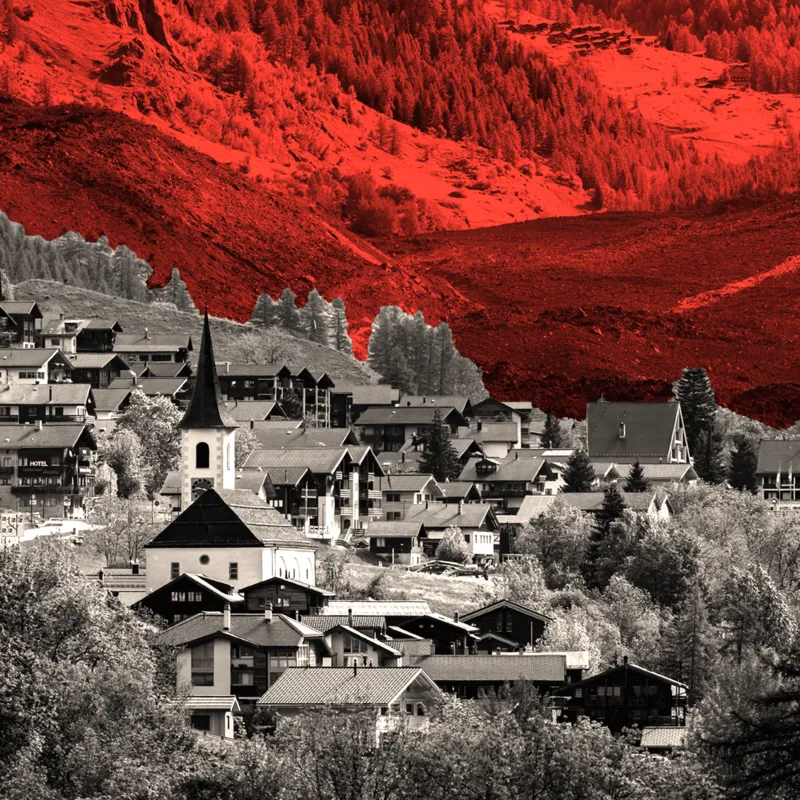Milan Kundera, author of The Unbearable Lightness of Being, dies aged 94
Milan Kundera, one of the biggest names in European literature in recent decades, has died in Paris aged 94.

His best-known work was his 1984 novel The Unbearable Lightness of Being.
Anna Mrazova, a spokeswoman for the Milan Kundera Library in his home city of Brno in the Czech Republic, said he had died after a long illness.
He was a towering figure in Czech literature but his scathing criticism of Czechoslovakia's communist regime saw him flee for France in 1975.
A poetic and satirical author, Kundera's novels won praise for their observation of both politics and everyday life.
Czech Prime Minister Petr Fiala said his work reached "whole generations of readers across all continents and achieved global fame".
"He leaves behind not only notable fiction, but also significant essay work."
Born in 1929 into an elite Czech family, his father was a piano teacher and a student of the composer Janacek, and ensured Kundera received musical training at an advanced level.
Kundera studied in Prague, becoming a lecturer in world literature. He joined the ruling Communist Party and initially he was an ardent member.
But his writing soon got him into political trouble. His first novel The Joke - a black comedy published in 1967 - led to a ban on his writing in Czechoslovakia.
In 1970 he was asked to leave the party after expressing support for the Prague Spring movement, the period of political liberalisation crushed by the 1968 Soviet invasion.
Kundera's activism led to his dismissal from his teaching post and his novels were removed from public libraries, while the sale of his work was banned until the fall of the Communist government in 1989.
For a short time he performed as jazz trumpeter, before emigrating to France in 1975 with his wife Vera, settling first in Rennes then Paris. He became a naturalised French citizen in 1981, two years after he was stripped of his Czech nationality, and eventually wrote in French.
He soon secured a reputation as a ground-breaking author with The Unbearable Lightness of Being, which told the story of four Czech artists and intellectuals and a dog caught up in the brief period of reform that ended when Soviet tanks rolled into Prague.
The book was adapted for the screen in 1987, starring Juliette Binoche and Daniel Day-Lewis. But Kundera expressed dissatisfaction with the film and with what he perceived as a lack of acceptance of the novel in the modern world.
"It seems to me that all over the world people nowadays prefer to judge rather than to understand, to answer rather than to ask," he told his friend and writer Philip Roth in the New York Times.
"So that the voice of the novel can hardly be heard over the noisy foolishness of human certainties."
It was eventually translated into Czech and became a bestseller in his homeland in 2006.
His 1979 work The Book of Laughter and Forgetting spanned seven narratives and containing elements of the magic realism genre, while in 1988 he wrote one of his best novels, Immortality.
In 1985 he received the Jerusalem Prize - a prize given to writers whose works have dealt with themes of human freedom in society.
And while he was a frequent contender for the Nobel Prize for literature, the award remained elusive.
In 2008 he was beset with more political trouble when he was accused of betraying a Czech airman working for US intelligence.
He issued an unprecedented and heated denial to Czech news agency CTK, prompting an open letter of support from fellow writers including JM Coetzee and Salman Rushdie.
It was not until 2019 that he and his wife had their Czech citizenship restored by Prime Minister Andrej Babis, 40 years after they had it revoked.
Milan Kundera was lauded for having a distinctive voice, although he was sometimes criticised for his portrayal of women and preoccupation with the male gaze.
His final novel in 2014, The Festival of Insignificance, originally published in Italian, received mixed views, with some describing it as a "battle between hope and boredom".
-bbc







